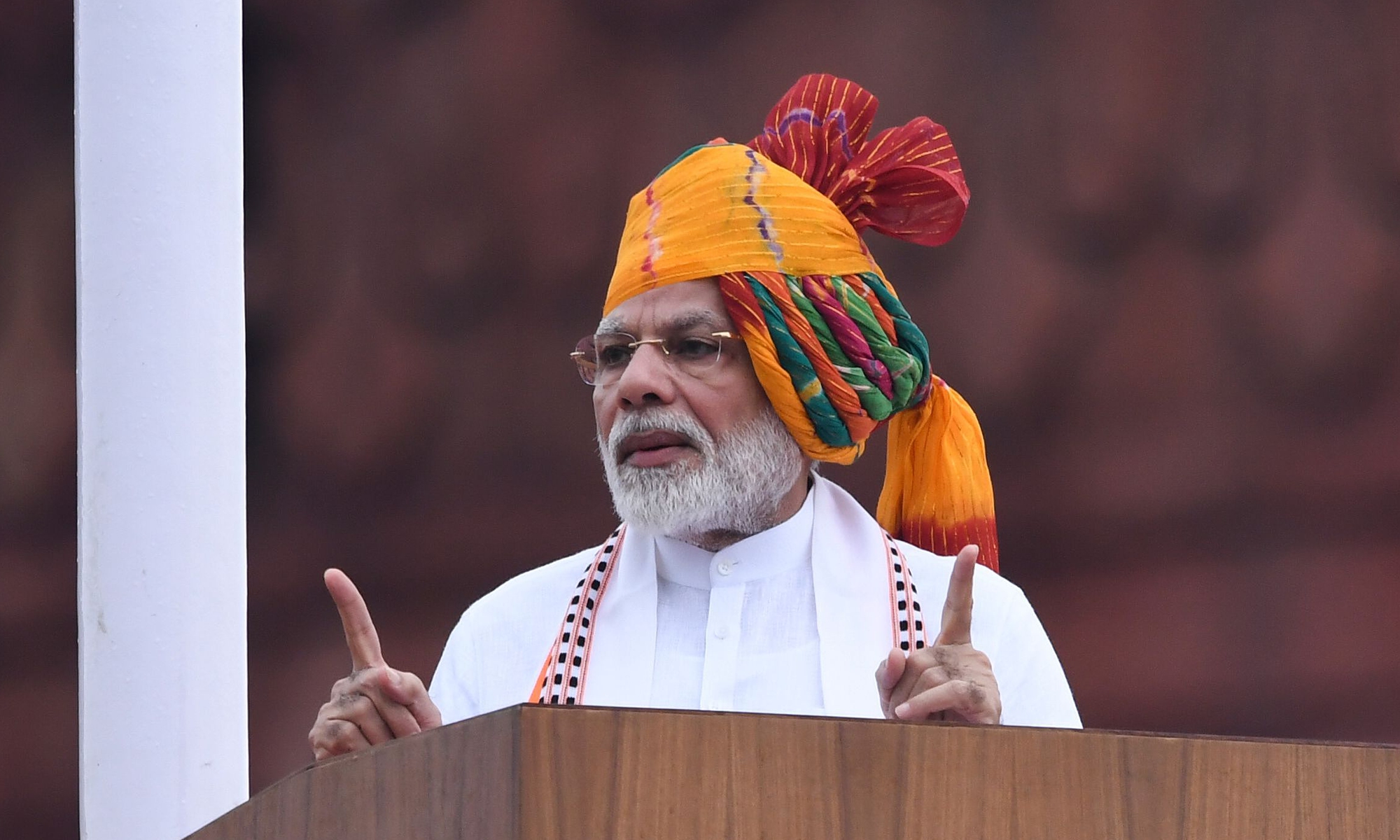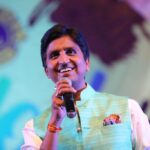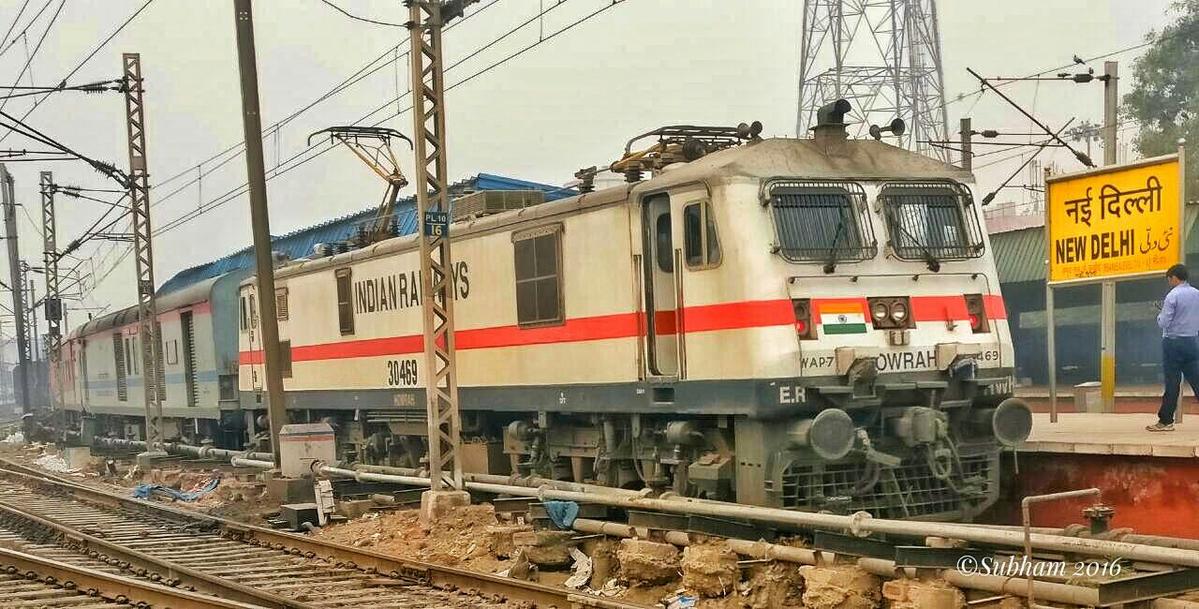Narendra Modi is an Indian politician who has been serving as the Prime Minister of India since May 2014. Born on September 17, 1950, in Vadnagar, Gujarat, he rose from humble beginnings to become one of the most influential figures in Indian politics.
Modi began his political career as a member of the Rashtriya Swayamsevak Sangh (RSS), a Hindu nationalist organization. He joined the Bharatiya Janata Party (BJP) in 1987 and quickly rose through the ranks, holding various positions within the party. In 2001, he became the Chief Minister of Gujarat, a position he held until 2014.
I don’t carry the burden of the past or the madness of the future. I live in the present.
Narendra Modi
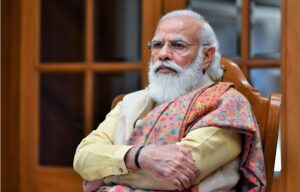
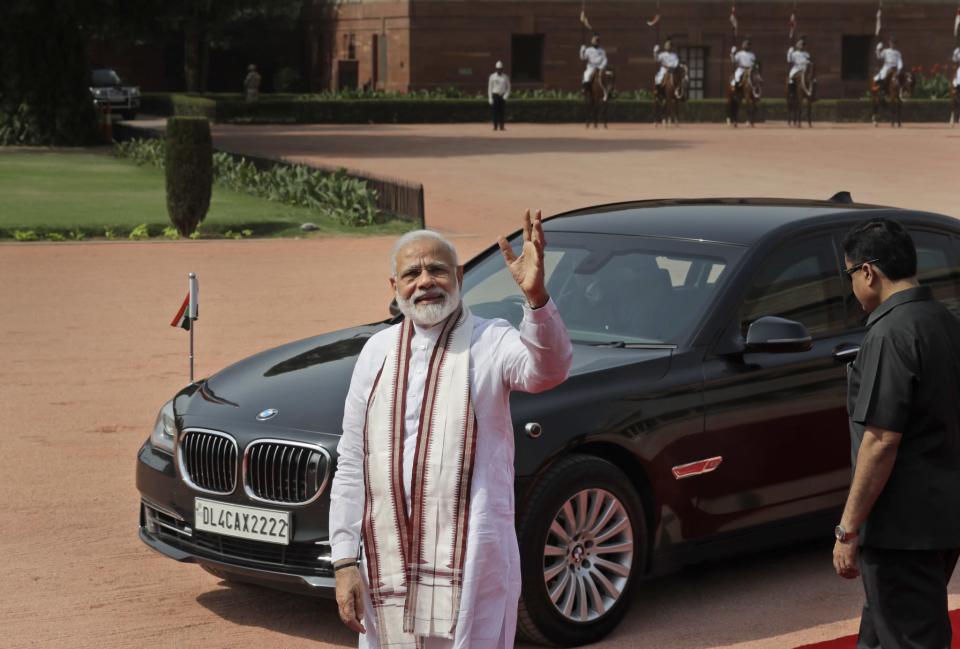
Exploring the Leadership of Narendra Modi: A Visionary Prime Minister Shaping India’s Future
During his tenure as the Chief Minister, Gujarat witnessed significant economic growth and development. Modi’s policies focused on infrastructure development, attracting investment, and promoting industrialization. The state became known for its business-friendly environment and emerged as an economic powerhouse.
In 2014, Modi led the BJP to a resounding victory in the general elections and became the 14th Prime Minister of India. His election campaign centered around the slogan “Sabka Saath, Sabka Vikas” (Together with all, Development for all), emphasizing inclusive growth and development.
As Prime Minister, Modi has implemented several key initiatives and policies. The Goods and Services Tax (GST) was introduced to streamline the tax system, and demonetization aimed to combat corruption and black money. The “Make in India” campaign was launched to promote manufacturing and job creation, while the Digital India program focused on digitization and technology-driven governance.
Modi’s foreign policy has sought to strengthen India’s global standing. He has actively engaged with world leaders, undertaking diplomatic visits and forging partnerships in various domains, including trade, defense, and renewable energy.
From Tea Vendor to Prime Minister: The Extraordinary Rise of Narendra Modi”
However, Modi’s tenure has not been without controversy. His government has faced criticism over issues such as religious tensions, freedom of expression, and handling of certain social and political conflicts. These concerns have sparked debates and generated diverse opinions about his leadership.
Despite the controversies, Narendra Modi enjoys immense popularity among a significant portion of the Indian population. His leadership style is often characterized as strong, decisive, and focused on national development.
Narendra Modi’s journey from a small-town tea vendor to the country’s Prime Minister has inspired many, and his policies have had a profound impact on India’s economic and political landscape. As he continues to lead the nation, his actions and decisions shape the future of India, and the legacy of his leadership will be a subject of evaluation and debate for years to come.
12 Best Things About narendra Modi
I can provide you with a list of some commonly appreciated aspects of Narendra Modi’s leadership. However, it’s important to note that opinions about political leaders can vary widely, and this list represents a general perspective rather than a definitive judgment. Here are 12 aspects often highlighted about Narendra Modi:
-
Strong Leadership: Narendra Modi is often praised for his strong leadership style, characterized by assertiveness and decisiveness.
-
Economic Reforms: His government has implemented various economic reforms, such as the Goods and Services Tax (GST) and initiatives like “Make in India” to boost manufacturing and entrepreneurship.
-
Digital India: Modi has pushed for digitization and modernization of services, aiming to connect citizens and improve governance through initiatives like digital payments and broadband connectivity.
-
Infrastructure Development: His administration has focused on improving infrastructure, including building highways, railways, airports, and rural connectivity.
-
Swachh Bharat Abhiyan: The Swachh Bharat (Clean India) campaign launched by Modi aims to promote cleanliness, sanitation, and hygiene across the country.
-
Foreign Relations: Modi has worked towards strengthening India’s relations with other nations, engaging in diplomatic efforts and international forums to boost trade, investment, and global cooperation.
-
Skill Development: Initiatives like Skill India aim to enhance vocational training and promote employability, addressing the need for a skilled workforce in various sectors.
-
Renewable Energy: Under his leadership, India has made significant progress in renewable energy, with ambitious targets and initiatives to promote solar and wind power.
-
Jan Dhan Yojana: This financial inclusion program aims to provide banking facilities to the unbanked population, encouraging financial literacy and access to financial services.
-
Women’s Empowerment: Modi has emphasized gender equality and women’s empowerment through campaigns such as Beti Bachao, Beti Padhao (Save the Girl Child, Educate the Girl Child).
-
Start-up Ecosystem: The government has focused on fostering a vibrant start-up ecosystem through policies and initiatives like Startup India, supporting entrepreneurship and innovation.
-
National Security: Modi has prioritized national security, implementing measures to strengthen defense capabilities and counter-terrorism efforts.
It’s important to note that this list reflects positive aspects often highlighted about Narendra Modi, and different perspectives and opinions exist regarding his leadership and policies.










